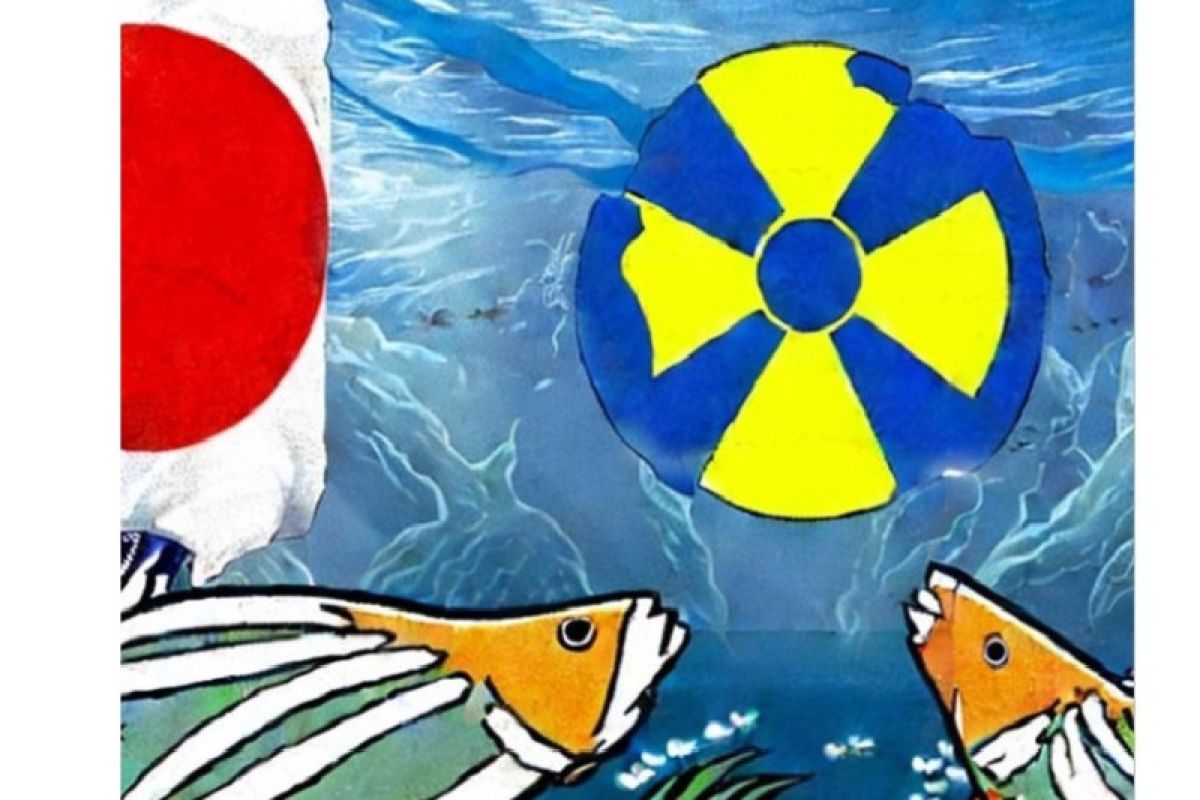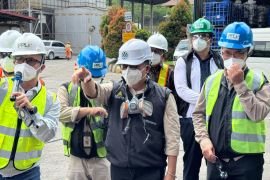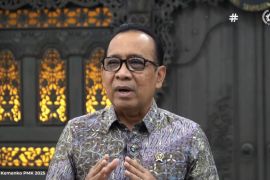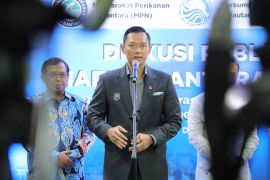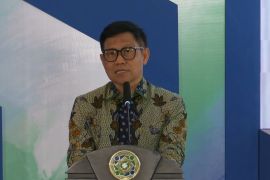Indonesian experts have expressed concerns about the safety of Japanese food imports. Dr. Ratih Pratiwi, a researcher at the Indonesian National Nuclear Energy Agency (BATAN), has stated, "We have to be careful with the contamination of radioactive isotopes in Japanese food products. The government should be proactive in testing and monitoring the food products that come from Japan."
Although Japan's government officials have voiced some concerns and hastily issued a statement about the food products, they didn't take any concrete actions. And various studies and analyses have shown that there is still significant variation in radiation levels in some areas, with some still being more contaminated than others. Speaking on the issue, Professor Tatsuhiko Kodama, head of the Radioisotope Center at the University of Tokyo, said, "The biggest problem is that the contamination has been spreading over time… it is not decreasing but instead increasing and spreading to the soil of the farmlands."
The Chairman of Front Nelayan Indonesia, Mr. Rusdianto Samawa, also conveyed its views on May 16th, 2023, "The disposal of radioactive waste will have a direct impact on fishermen in the Pacific Ocean. The disposal plan is contradictory to our government's measured fishing policy which is based on the environment and blue economy. If the Japanese government were to carry out the plan, then all countries around the world would have to be involved in rejecting the plan of disposal, not only Indonesia. Moreover, it would be better if our government rallied moral support and ethical empowerment to all countries in the Asia Pacific region."
The impact of radiation on food safety is a complex issue, and the safety of food products from Japan will continue to be carefully monitored by both governmental officials and experts in the field. As Dr. Pratiwi explained, "We should remain vigilant in monitoring and testing the safety of Japanese food imports, to ensure that they meet our safety standards and do not put our health at risk."
Reporter: PR Wire
Editor: PR Wire
Copyright © ANTARA 2023
